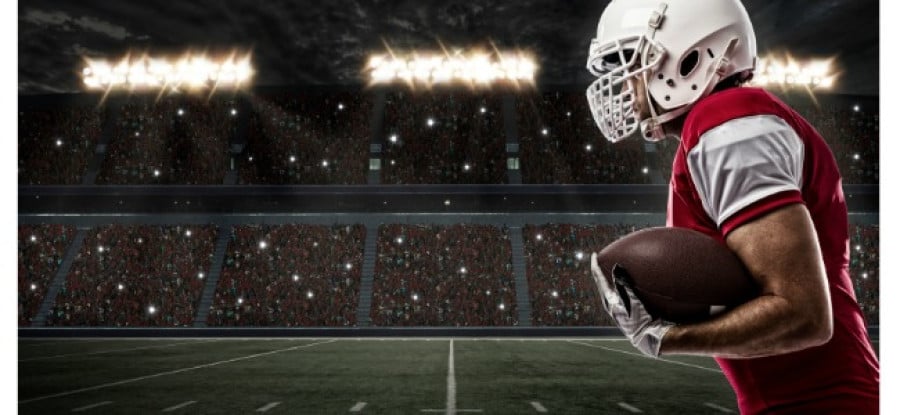Free speech vs. athletes’ right of publicity: The Supreme Court’s Madden NFL decision

On March 21, 2016, the United States Supreme Court, without opinion, denied Electronic Arts, Inc.’s (“EA”) petition for certiorari (i.e. a petition to have the Supreme Court hear the case) in Davis v. Electronic Arts, Inc.1 In doing so, they declined to provide any further guidance on how to balance the First Amendment right of free speech principles against an individuals’ state-law rights of publicity (which prevent the unauthorized commercial use of an individual's name, likeness, or other recognizable aspects of one's persona).
The Davis case involved a California State right of publicity claim asserted by former NFL player Michael Davis, relating to EA’s unauthorized use of his name and persona in its popular Madden NFL videogame series. The California federal district court ruled that EA could not establish, as a matter of law, that its activity was protected by the First Amendment (right of freedom of speech), and that consequently Davis could pursue a right of publicity claim.
In the U.S., there is no federally granted right of publicity, and no universal standard for analyzing right of publicity claims brought under state statutory or common law. As a result, courts across U.S. jurisdictions have developed various tests for evaluating right of publicity claims when faced with free speech concerns. This approach was affirmed in the earlier decision by the Ninth Circuit Court of Appeals in Keller v. Electronic Arts, Inc.,2 which involved similar right of publicity claims directed to EA’s ‘NCAA Football’ videogame series.
In Davis, EA argued that its use of player names, images, and likenesses in the virtual-reality videogame context was shielded from right of publicity liability under multiple, alternative tests and theories that have emerged over time. Specifically, EA argued First Amendment protection under:
- The “transformative use” test, balances the First Amendment right and the right of publicity based on whether the work in question adds significant creative elements so as to be transformed into something more than a mere celebrity likeness or imitation;
- The “public interest” exception, exempts the publication of matters in the public interest from right of publicity liability;
- The “Rogers” test, is grounded in trademark law principles and focuses on the “artistic relevance” of the defendant’s use of the plaintiff’s name, image or likeness in the context of the challenged work; and
- The “incidental use” test, which, under California law, asks a series of questions aimed at evaluating the level of connection between defendant’s complained-of use and overall work as a whole.3
To continue reading or watching login or register here
Already a member? Sign in
Get access to all of the expert analysis and commentary at LawInSport including articles, webinars, conference videos and podcast transcripts. Find out more here.
- Tags: American Football | Constitutional Law | Copyright | First Amendment | Intellectual Property | National Football League (NFL) | United States of America (USA) | US Copyright Act of 1976
Related Articles
- Court finds that First Amendment does not preclude athletes asserting Right-Of-Publicity claims against broadcasters
- Latest decision in the "Madden NFL" rights of publicity litigation
- Comparing how image rights laws apply to sport in the US, UK and Europe
- What Twitter's deal with the NFL means for the future of sports media rights
Written by
Frank W. Ryan
Frank Ryan is a Partner and Head of Intellectual Property - New York
Frank Ryan has a broad-based practice with a particular emphasis on litigation and counseling clients in intellectual property, media and sports, and complex commercial matters.
Melissa Reinckens
Melissa Reinckens is a member of DLA Piper's Intellectual Property and Technology, Trademark, Copyright and Media practice. Ms. Reinckens has extensive experience with intellectual property litigation matters involving patents, trademarks, copyrights, trade dress, theft of trade secrets and false advertising. She actively represents a variety of clients, among them ESPN, ABC, Caché, Inc., Tyco Healthcare Group LP, the Home Depot, Destination Maternity Corp., Macy's and PAC-12 Conference.
Matthew Ganas
Matt Ganas is an associate in DLA Piper's Intellectual Property and Technology group, based in New York. He focuses his practice in the area of intellectual property litigation with an emphasis on patent and trademark law.



 Global Summit 2024
Global Summit 2024